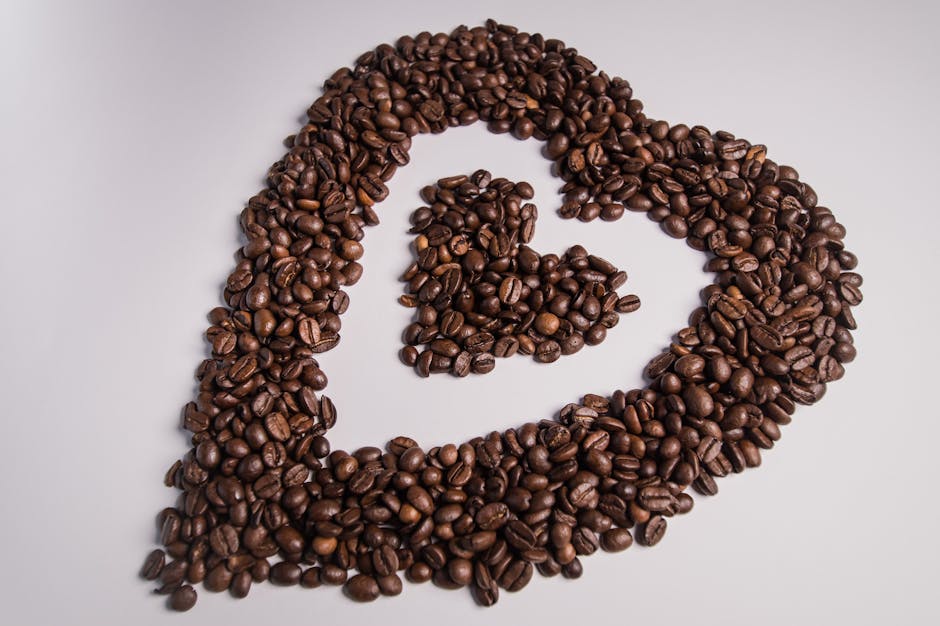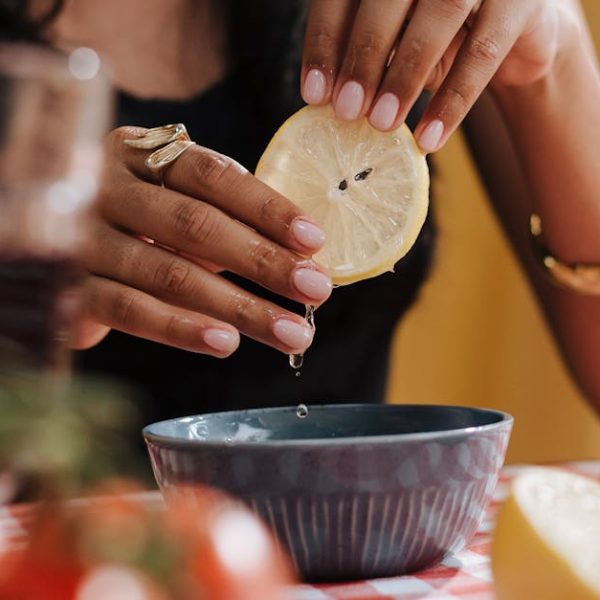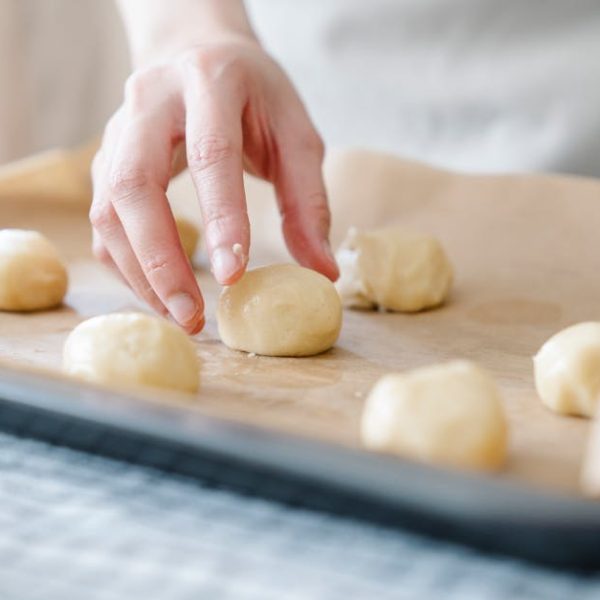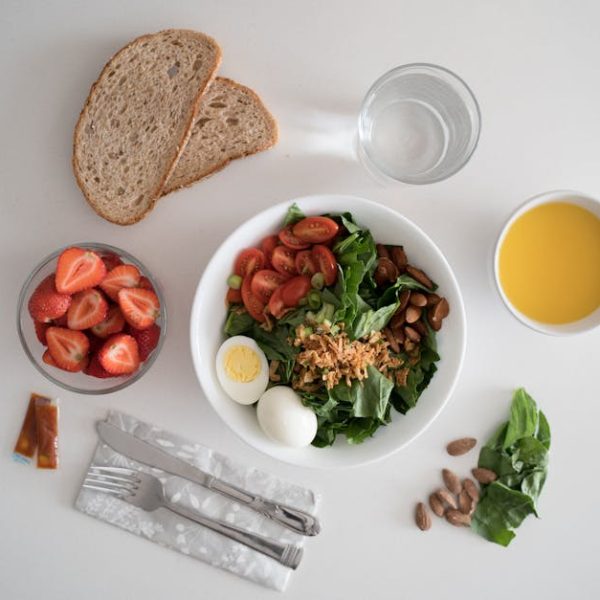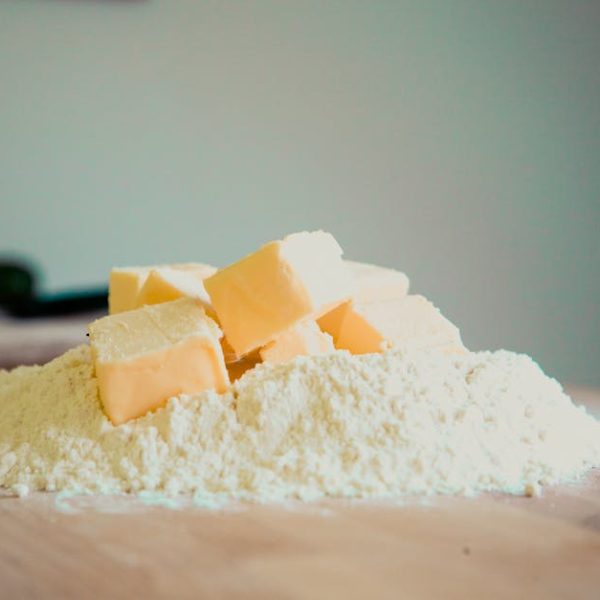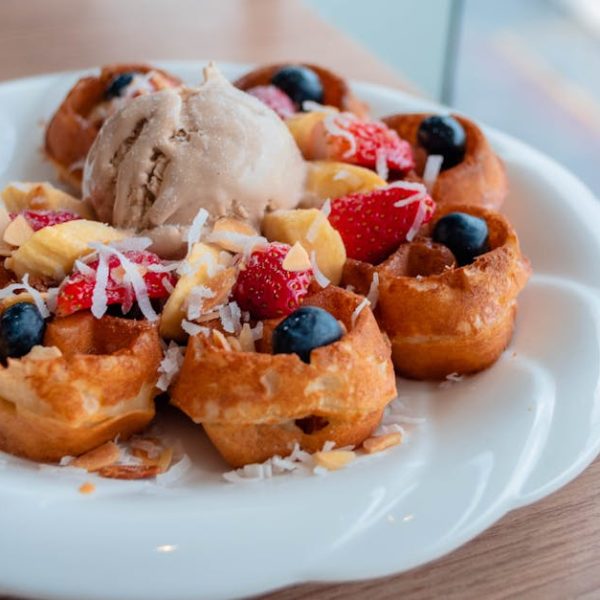Coffee is more than a simple beverage; it’s a daily ritual, a moment of indulgence – a lifeline for some. But if you’ve ever been disappointed by a stale or bland cup of joe, it’s not about the beans, but how they are stored. To offer a consistently delicious cup, it’s crucial to store your coffee carefully.
Store Coffee Beans Correctly
Proper storage of your coffee beans is the first step towards a superb cup of coffee. Freshness and flavor are vulnerable to the elements. To kick-start your day with a tasty brew, consider these storage tips:
- Always buy whole beans. Pre-ground coffee may be convenient, but it loses its flavor faster.
- Shun plastic containers. They can impart unwanted flavors to your beans. Ideally, use airtight containers like ceramic canisters or opaque, vacuum-sealed containers.
- Keep it cool and dark. Much like a fine wine, ideal coffee storage doesn’t include light or heat.
Pro Tips: Your coffee beans are scared of moisture, too! Always keep them dry, and don’t store in the fridge or freezer.
Purchase Whole Coffee Beans Instead of Pre-Ground Coffee
Grind size can make a big difference for the taste in your coffee cup. Whole beans keep the flavor locked in until you decide to let it out. Here’s why:
- Oxidation, the same process that turns apples brown, can make your coffee dull and lifeless.
- Freshly ground coffee maintains the precious oils that give your coffee its unique flavors.
Best Practice: Buy smaller quantities of beans and only grind what you need. And remember, a quality coffee grinder can make a world of difference.
The Importance of Quality Water
Water constitutes about 98 percent of a cup of coffee. Hence, the quality of water you use significantly impacts the taste of your coffee.
- Filter out unwanted tastes and odors. Tap water contains chlorine and other impurities that can affect flavor.
- Avoid distilled or softened water. They can lead to flat-tasting coffee.
- Temperature matters. The perfect brewing temperature for your coffee is between 90.5 – 96.1°C.
Pro Tips: The Golden Ratio for a perfect cup of coffee is one to two tablespoons of coffee for every six ounces of water. It’s worth investing in a good coffee thermometer for accurate temperature measurements.
(To be continued…)
Mastering the Art of Brewing
Brewing coffee is not just about mixing water and coffee ground. It’s an art that requires precision and consistency to fully extract the flavors and attain a charming aroma.
- Brew time: Over-extraction can lead to a bitter taste while under-extraction can give a sour taste.
- Grind size: Different brewing methods need different grind sizes. For instance, French press requires coarse grind, while espresso needs a fine grind.
- Water quality: As mentioned earlier, the quality of water impacts the flavor of the coffee.
Best Practices: Prior to brewing, wet the filter to remove any papery taste. Let your coffee bloom – add just enough water to wet the grounds and let it sit for 30 seconds before adding the rest of the water.
Keeping Coffee Equipment squeaky clean
Leftover coffee residues can build up over time and compromise the taste of your coffee. Regular cleaning and maintenance are essential for preserving the quality and prolonging the lifetime of your coffee paraphernalia.
- Detoxify your coffee machine at least once a month.
- Clean the coffee grinder after each use to avoid the chunks from getting stuck.
- Wash the filters thoroughly, as unwanted particles can add unpleasant flavor to your coffee.
Pro Tips: Soft cloth, baking soda, or tooth-paste are excellent allies when it comes to cleaning your equipment.
Understand Coffee Shelf Life
Just like any other food, coffee also has a shelf life, after which it begins to lose its flavor and scent. Knowing when coffee is no longer fresh makes a huge difference in its taste.
- Whole beans can retain their freshness for up to a month post-roasting, while ground coffee shows changes in taste after 15-20 minutes.
- Freshly roasted coffee is bursting with flavors, while stale coffee lacks aroma and may even taste bitter or off.
Pros and Cons: While using fresh coffee exposes you to flavors, antioxidants and provides a sensual delight, stale coffee can be tasteless and devoid of any health benefits.
Avoid Freezing or Refrigerating Coffee Beans
Contrary to popular belief, keeping coffee in the refrigerator or freezer can in fact speed up the degradation process and cause it to absorb unwanted flavors.
- Coffee beans are porous and can absorb moisture and odors making the coffee taste bad.
- Freezing can also cause freezer burn giving coffee a stale and lifeless taste.
Best Practices: Keep stored coffee in airtight containers, in a cool, dry, and dark place. Remember, your pantry is a much better choice than your fridge.
Pro Tips: If you have a large quantity of coffee beans, divide them up into smaller, weekly portions. This practice will prevent unnecessary exposure of the entire quantity to heat and light every time you reach for your daily brew. Key Takeaways:
- Properly storing coffee beans in cool, dark places in airtight containers can significantly maintain their freshness and flavor.
- Buying whole beans instead of pre-ground coffee can better retain flavor and aroma as it avoids quick oxidation.
- The quality of water, its mineral content and temperature, greatly impacts the taste of coffee.
- Correct brewing techniques like appropriate brew time, accurate temperature, and grind size enhance coffee’s flavor.
- Keeping coffee equipment clean prevents flavor corruption by avoiding leftover residues.
- Understanding the shelf life of coffee helps in determining its freshness and hence, the taste.
- Freezing or refrigerating coffee beans can lead to absorption of unwanted odors, affecting the taste of the coffee.
Your coffee experience can drastically improve by following these simple tips. The freshness and flavor of coffee are within your control. Never settle for a stale or bland cup again. Experiment with different beans, grinds, water, and brewing methods to enjoy your keep-the-sleep away cuppa as a gourmet indulgence.
FAQs
Q: How can I tell if my coffee beans are fresh?
A: Fresh coffee beans have a strong aroma and are oily to the touch. If your beans lack aroma or look dry, they may be past their prime.
Q: How often should I clean my coffee grinder?
A: On a daily use basis, you should clean your coffee grinder after each use to avoid leftover residues that could interfere with the flavor of your coffee.
Q: Does the brand of coffee I choose affect the taste of my coffee?
A: Certainly, every brand and type of coffee has a different flavor profile. Experimenting with different brands and types of coffee can help you find your preferred taste.
Q: How long does it take for coffee beans to lose their freshness after being ground?
A: Ground coffee begins losing its freshness almost immediately and can noticeably change in taste within 15 to 20 minutes.
Q: Can flavored coffee beans spoil?
A: While flavored coffee beans won’t necessarily spoil, they can lose their flavor over time. Their shell life is similar to regular coffee beans.
Please share this article with your fellow coffee lovers. If you’re thirsty for more coffee tips and facts, check out our other posts!
